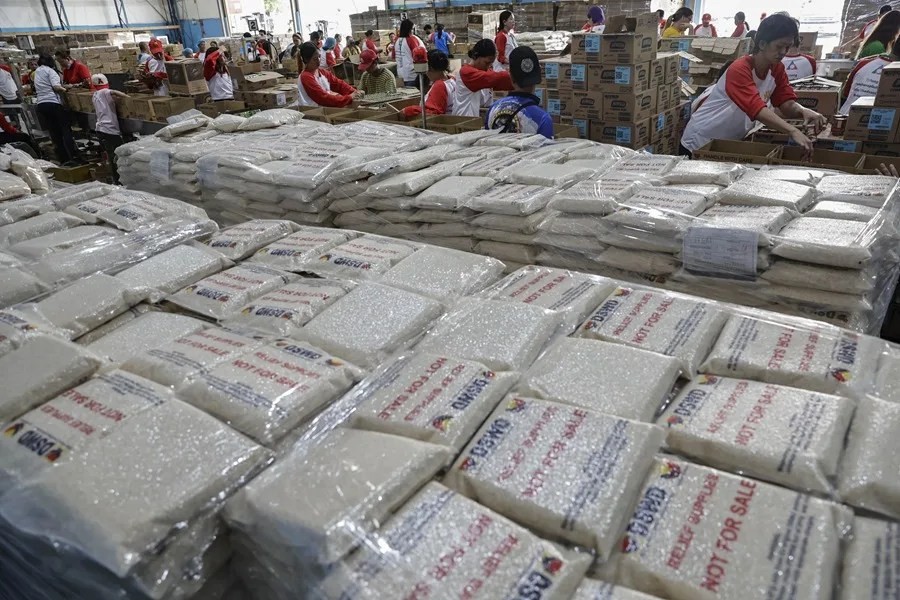Filipinas Faces Super Typhoon Fung-wong: Over 100,000 Evacuated Amid Growing Threat
As over 100,000 Filipinos flee the wrath of super typhoon Fung-wong, questions arise about preparedness and resilience against natural disasters that ripple across global stability.

As super typhoon Fung-wong barrels toward the Philippines with devastating winds exceeding 185 kilometers per hour and destructive gusts up to 230 km/h, more than 100,000 residents have been evacuated from vulnerable coastal regions. This stark reality in a distant archipelago may seem remote, but it echoes a critical question for America: how prepared are we to protect our citizens against catastrophic natural events and their cascading risks?
The Philippine Atmospheric, Geophysical and Astronomical Services Administration (PAGASA) escalated its alert system to the highest level for key provinces including Catanduanes and the coastal areas of Camarines Norte and Sur. Meanwhile, the densely populated Manila metropolitan region remains under a serious alert as Fung-wong threatens to make landfall imminently.
Why Should Americans Care About a Typhoon Thousands of Miles Away?
While the storm rages over Southeast Asia, its indirect effects ripple globally—disrupting supply chains essential to American manufacturers and consumers alike. The evacuation dramas unfolding in the Philippines also highlight the consequences when governments fail to build resilient infrastructure or respond proactively. America’s southern border crisis already strains national resources; adding climate-driven humanitarian emergencies abroad only complicates our capacity to secure national interests.
Moreover, this is not an isolated incident. Just earlier this month, typhoon Kalmaegi wrought devastating harm across the same region claiming nearly 200 lives. The frequency of such supercharged weather events reminds us that climate volatility isn’t a far-off problem—it threatens global stability which directly impacts U.S. economic security and foreign policy priorities.
Accountability Is Crucial: Are Globalist Agencies Prioritizing Action Over Rhetoric?
The Philippine government has taken commendable preventive steps through large-scale evacuations and flight cancellations affecting over 300 domestic and international routes. Yet one must ask: are international institutions and local authorities truly equipped—or willing—to implement long-term solutions rooted in sovereignty and self-reliance rather than dependency on fluctuating global aid?
For America, these unfolding events underscore why an “America First” approach demands strengthening homeland defenses against natural disasters while supporting allies who safeguard their own people efficiently. Ignoring lessons from abroad imperils American families already burdened by inflation and supply chain disruptions linked indirectly to foreign crises.
This situation invites reflection on leadership choices as well. The policies championed by President Trump emphasized bolstering national infrastructure resilience—a cornerstone of true freedom—contrasted sharply with current administrations’ continuing reliance on entangled global bureaucracies that often delay urgent responses.
How long will Washington continue overlooking these interconnected vulnerabilities? Protecting America’s future requires vigilance beyond our borders paired with decisive action at home.
